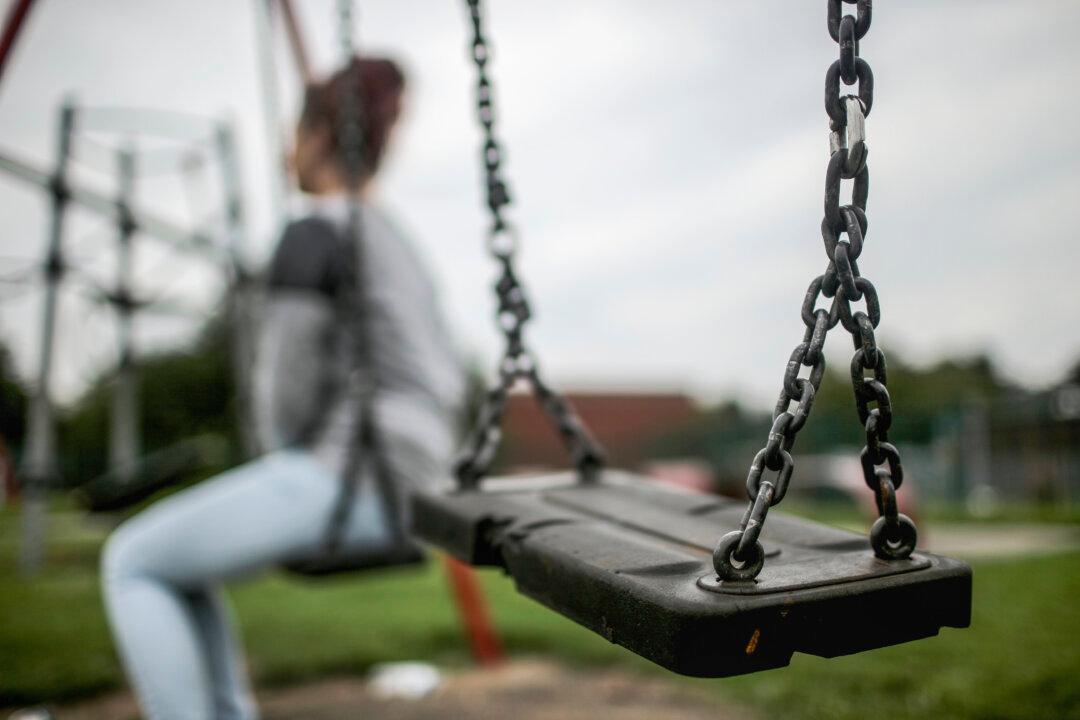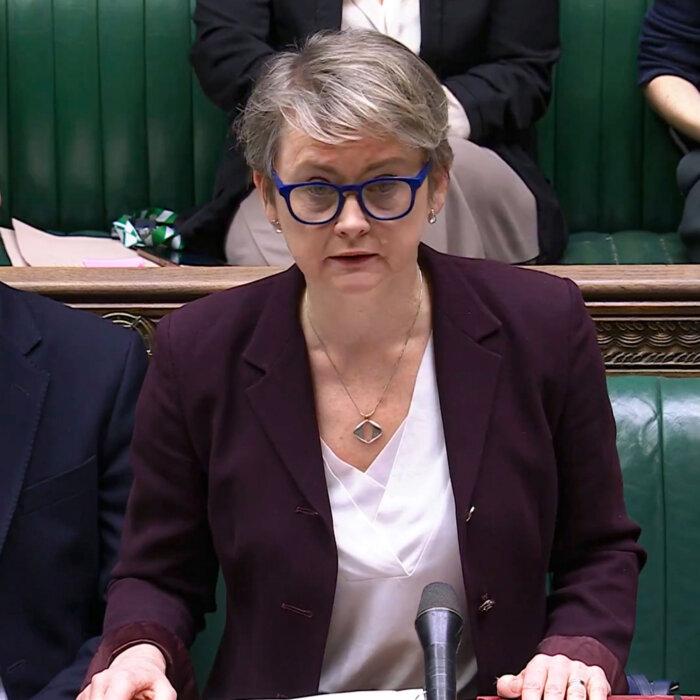Changes in law in England and Wales, pledged by the government, are intended to close prosecution loopholes for adult sex offenders while ensuring that genuine teenage relationships are not inadvertently subjected to the same legal scrutiny.
In other cases, rape charges were downgraded because victims were perceived to have been “in love with” or to have “consented to” sex with the perpetrator.
According to Casey, this legal ambiguity exists in part to avoid criminalising individuals who reasonably believed a child was older, or to avoid prosecuting consensual relationships between teenagers.
‘Children Are Children’
According to Rape Crisis England and Wales, the review is a “difficult read” but offers hope for justice if its recommendations are fully implemented and centred on survivors’ voices.One such voice is Sammy Woodhouse, a survivor of the Rotherham grooming scandal and a prominent advocate against child sexual abuse. She described the government’s proposed legal change as “common sense.”
In 2015, she testified against Hussain in court, who was convicted of 23 charges against nine victims and sentenced to 35 years in prison.
“Children are children, they can’t consent. And I think current laws are blurring the line,” Woodhouse told The Epoch Times.
She rejected the perception of young children being the groomers’ “girlfriends.”
“It’s child rape and it’s victim blaming,” she added.
Teen Relationships
The government will also “carefully consider the changes” to limit the risk of criminalising young people in genuinely consensual relationships.Under current UK law, sexual activity under the age of 16 is illegal, even if both individuals consent. However, the law is generally applied with discretion in cases involving teenagers close in age, particularly those aged 13 to 15.
Prosecutors typically refrain from pursuing charges against young people in consensual peer relationships unless there are concerns about exploitation, coercion, or a significant age gap.
Children under 13 are treated differently: any sexual activity involving them is automatically considered a serious offence, such as rape, as they are deemed legally incapable of consent.
It allows professionals such as teachers and health care workers to use their judgment when deciding whether to report sexual activity between teenagers over the age of 13, provided there are no signs of exploitation or coercion.

Safeguarding minister Jess Phillips described the clause as a safeguard against over-criminalisation.
“This avoids situations such as two kissing teenagers having to be reported to the authorities by a teacher who knows them both well. That is not something I want to have to deal with—teenagers kissing in halls,” she said.
However, some critics argue that the clause could legitimise underage sex and weaken the age of consent.
Lucy Marsh of the Family Education Trust said in a statement: “The proposal ignores safeguarding principles and exposes vulnerable children to the risk of sexual exploitation.
Protections Across the UK
In contrast to the proposed reforms in England and Wales—which would mandate rape charges for any adult involved in penetrative sex with a child under 16—Scotland’s framework under the Sexual Offences (Scotland) Act 2009 retains flexibility in how such cases are prosecuted.The act also already provides flexibility in how cases involving 13- to 15-year-olds are prosecuted. However, there is no formal Romeo and Juliet exemption written into Scottish legislation.
It does not currently investigate group-based grooming or exploitation occurring outside these environments.
Call for Tougher Sentencing
The maximum sentence for rape in England and Wales is life imprisonment. Based on the level of harm and offender culpability, sentencing can fall between four and 19 years, with life imprisonment reserved for the most serious cases.The rape of a child under 13 attracts similarly high penalties, with longer starting points and life sentences available.
In Scotland, rape is also punishable by life imprisonment, with sentencing discretion guided by the Scottish Sentencing Council.
Despite these statutory frameworks, concerns persist about inconsistencies and the perceived leniency of some sentences in child sexual abuse cases.
Woodhouse said that stronger laws must be backed up by sentencing that reflects the severity of the crimes.
“We need to really look at the sentencing as well. You’ve got men raping children and coming out with—even if they do go to prison—several years. People have been sent to prison for longer for posting comments on social media. It’s outrageous.”
International Pressure
Casey’s review follows months of domestic and international pressure on the government to renew efforts in investigating cases of child sexual exploitation, with the focus on the grooming gangs.A heated political debate involving UK politicians and Elon Musk in January, saw the tech billionaire criticise Prime Minister Sir Keir Starmer, claiming he failed to prosecute “rape gangs” during his tenure as director of public prosecutions.
The X owner also suggested that Phillips “deserves to be in prison” after denying requests for a public inquiry in Oldham.
Woodhouse suggested the decision was driven not by principle but by public pressure.
“We’ve shamed and forced them into it. If it weren’t for Elon Musk putting attention back on it, they wouldn’t have done anything,” she said.
It will be time-limited, and its further details will be set out in due course.







